Trump Declares National Nurses Day, Retains Coronavirus Task Force
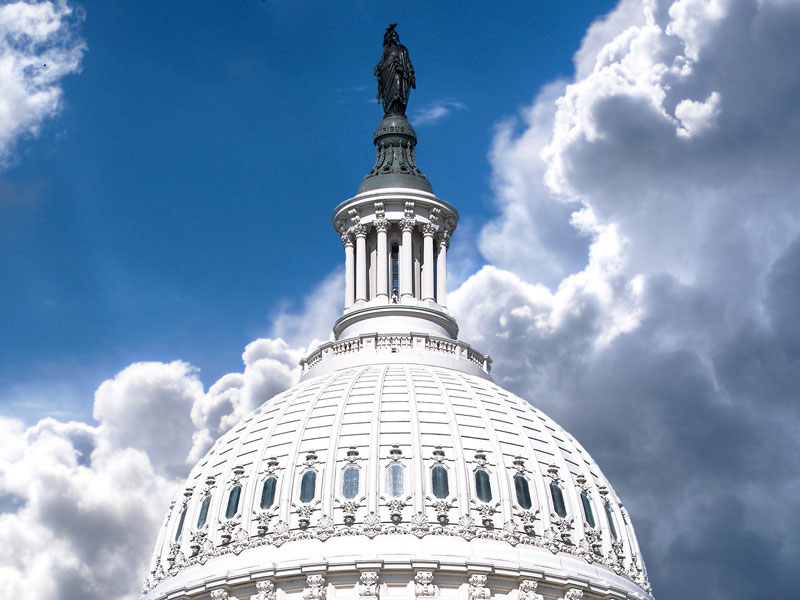
President Donald Trump commemorated nurses on the frontlines of the COVID-19 coronavirus pandemic by with the first-ever presidential proclamation of May 6, 2020, as National Nurses Day.
NIH Partners With Johnson and Johnson to Combat COVID-19

Long hailed as the “crown jewel” of the U.S. government’s biomedical research division, the National Institutes of Health (NIH) is partnering with Johnson and Johnson for a coordinated, team-based effort to find measures with meaningful impact on the COVID-19 coronavirus pandemic.
Pelvic Radiation May Decrease Bone Mineral Density

Women receiving pelvic radiation therapy for gynecologic cancers are at higher risk for significant decreases in bone mineral density (BMD), with 7.8% of women in the study diagnosed with a pelvic fracture, according to findings from a study published in Cancer.
Manage Late Effects From HPV-Positive Oropharyngeal Cancers
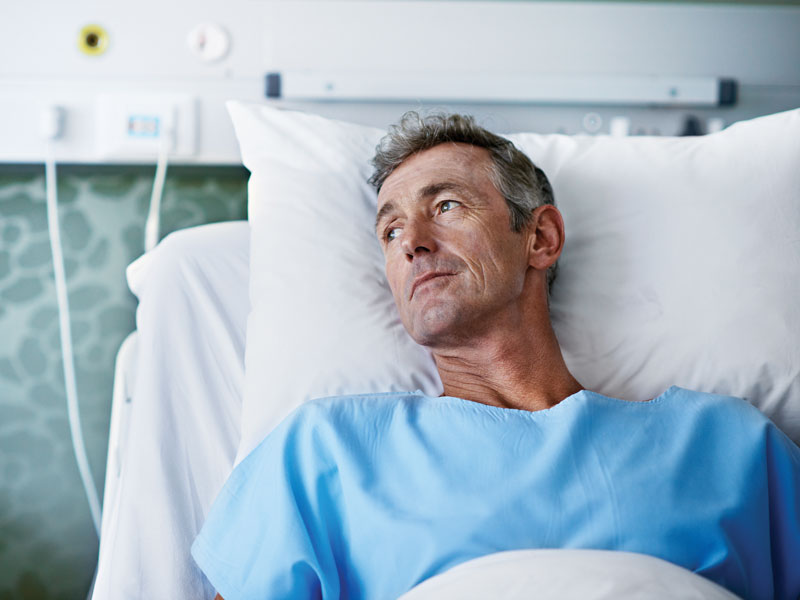
The demographic of patients with oropharyngeal cancers is changing. Clinicians are diagnosing fewer older patients with a long history of heavy smoking and alcohol use; instead, a majority of patients are middle-aged Caucasian men who haven’t smoked but have had multiple sexual partners—and have tested positive for human papillomavirus.
Multiple Myeloma Prevention, Screening, Treatment, and Survivorship Recommendations
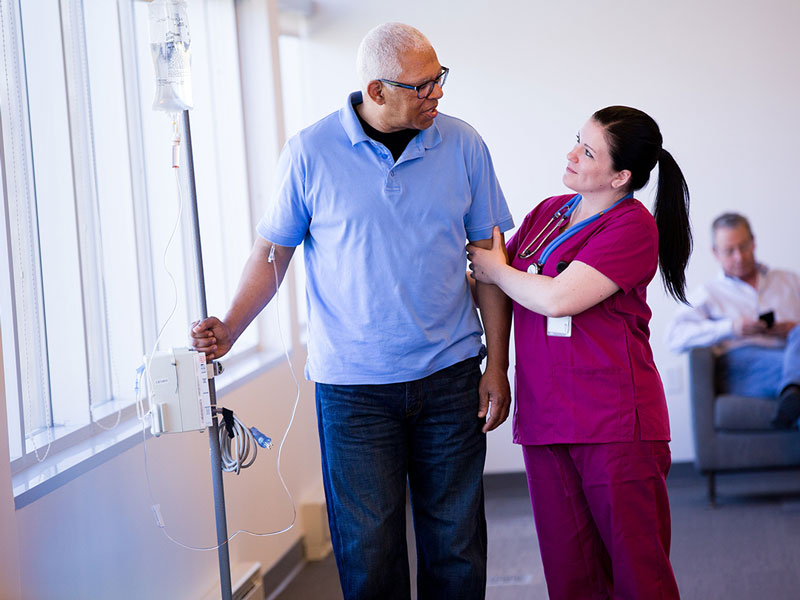
Multiple myeloma is a plasma cell neoplasm and the second most common hematologic malignancy in the United States, although overall incidence rates are relatively low at approximately 32,000 annually. The overall five-year survival rate is 52%, and most people are diagnosed with the disease in later stages.
- Read more about Multiple Myeloma Prevention, Screening, Treatment, and Survivorship Recommendations
- Add new comment
Virtual Care for Patients With Cancer in New Jersey During COVID-19

The COVID-19 coronavirus pandemic is unchartered territory with many unknowns, especially a new reality that nurses may be experiencing for the first time: virtual patient care. Even at a distance, the team at Jefferson Health New Jersey Sidney Kimmel Cancer Center in Sewell wanted to ensure we offered the same level of care and encouragement to patients in all phases of the cancer continuum, so here’s what we found worked for us.
For 2021, ONS Election Recruitment Goes Virtual, Congress Fees Remain Level

During its April 28, 2020, conference call, the ONS Board of Directors collaborated with the Leadership Development Committee (LDC) to create a virtual recruitment process for candidates in the 2021 election.
- Read more about For 2021, ONS Election Recruitment Goes Virtual, Congress Fees Remain Level
- Add new comment
How Nurses Can ‘Curb the Spread’ and Support Themselves
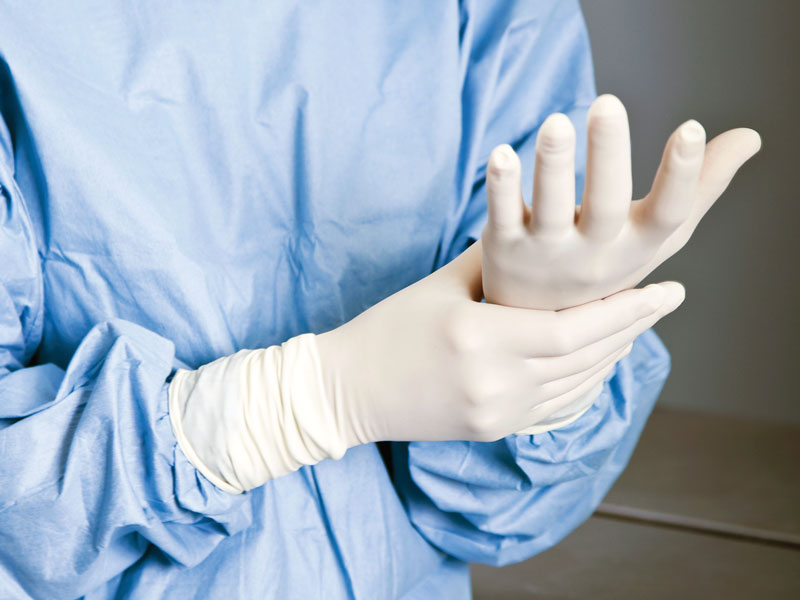
As the United States reopens and social distancing moves into different phases, concerns remain about containing the COVID-19 coronavirus. Anxiety and stress are high as nurses and other healthcare professionals who are caring for COVID-19 positive patients are worried about their own health and the health of their families. A paramount fear is inadvertently spreading the virus to ourselves or our loved ones.
E-Cigarettes Linked to Bladder Cancer Carcinogens

People who use e-cigarettes have six substances that have a strong link to bladder cancer in their urine, researchers reported in European Urology Oncology.
LGBTQ Patients With Cancer
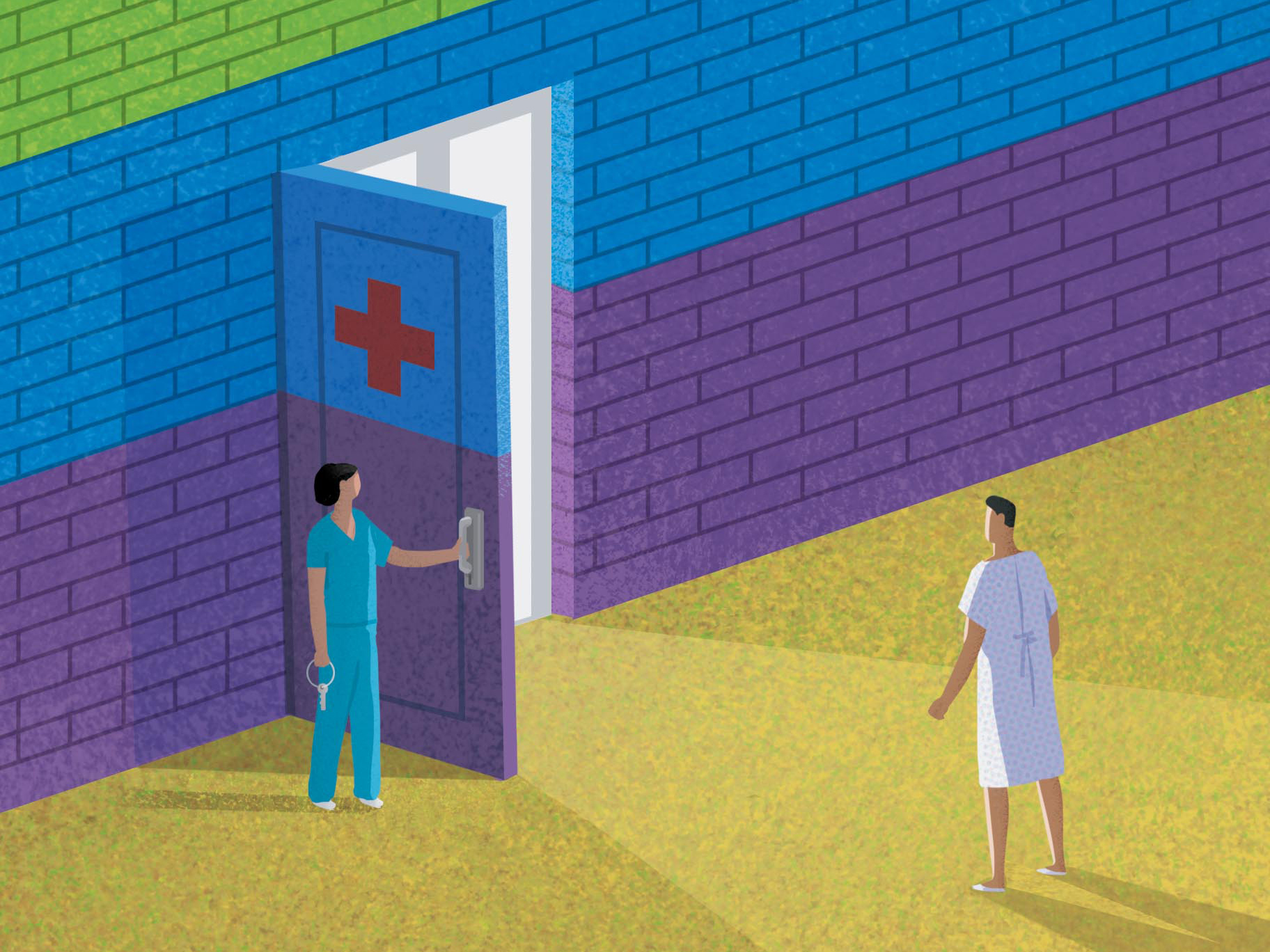
Recognized by the National Academies of Medicine as a population vulnerable to health disparities, people who identify as lesbian, gay, bisexual, transgender, or queer (LGBTQ) experience specific health disparities, including limited access to health care, increased risk for certain disease types, and an inherent bias in the health system.





